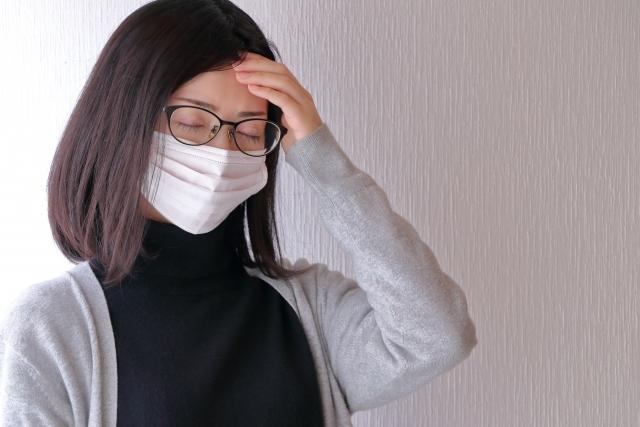1. The Paradox of ‘Sick Days’
It’s easy to think that if you can’t eat properly because you’re sick, your blood sugar will drop. However, when our body is sick from illnesses like a cold, flu, or infection, it perceives this as a ‘stressful situation.’ Stress hormones (like cortisol and adrenaline) are released, causing the liver to release stored glucose into the bloodstream, which can actually make your blood sugar much higher than usual.
2. Why You Must Not Stop Medication Arbitrarily
For this reason, it is very dangerous to arbitrarily stop your prescribed diabetes medication or insulin injections, even if you can’t eat. Stopping your medication can lead to uncontrolled high blood sugar due to the stress hormones, potentially resulting in serious acute complications like severe hyperglycemia or ‘diabetic ketoacidosis.’
3. Key ‘Sick Day Rules’
– Continue Medication: Unless specifically instructed by your doctor, you must continue your prescribed medication or insulin.
– Monitor Blood Sugar: You should check your blood sugar more frequently than usual (e.g., every 4 hours) to monitor your condition.
– Stay Hydrated: Drink plenty of sugar-free fluids like water or barley tea to prevent dehydration.
– Consume Carbohydrates: Even if you can’t eat a full meal, you should consume small amounts of easily digestible carbohydrates every 1-2 hours, such as juice, porridge, or crackers, to prevent hypoglycemia.
– Contact Your Healthcare Provider: If you have a persistent high fever, can’t stop vomiting or having diarrhea, or if your blood sugar remains consistently high (e.g., above 250 mg/dL), you should contact your doctor immediately.
Summary: On sick days, your blood sugar can rise due to stress hormones even if you don’t eat. Therefore, it is important not to stop your medication and to follow the ‘sick day rules’ of checking blood sugar more often and consuming fluids and minimal carbohydrates.


Leave a Reply